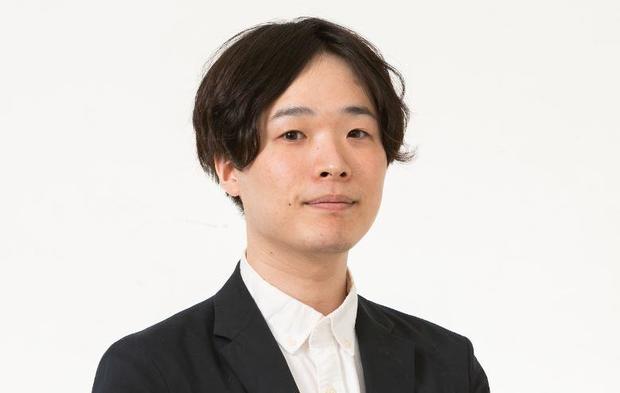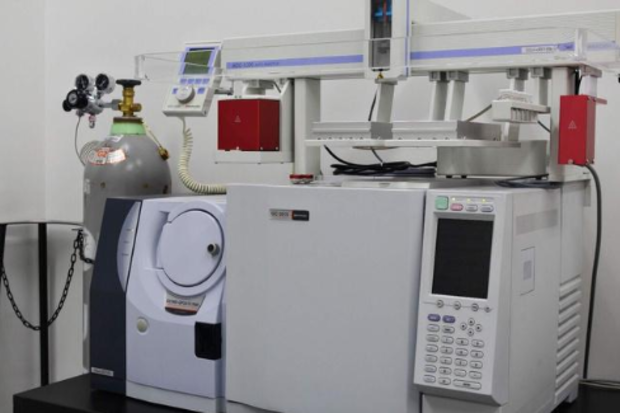Japanese entrepreneur finds a niche offering scientific, "if brutal," body odor analysis
Tokyo — In a country known for cleanliness — Japan, after all, gave the world fancy bidets, hot spring bathing spas, Biore cleansing pads and Marie Kondo — perhaps it's no surprise that a young entrepreneur has cornered the sweet smell of success. For about $150, "Odorate" offers clients a customized, industrial-grade analysis of that most uncomfortable of subjects: body odor.
Founder Shota Ishida, 30, estimates less than 1% of the population, or about 1 million Japanese, are anxious about whether they smell. But for this minority, the worry can be crippling, even life-defining.
"It's something they can't bring up with friends or family," he told CBS News from his tiny lab in Saitama, north of Tokyo. "Getting the facts is a huge relief for them."
The lightbulb went off when Ishida was a grad student. Often too busy to bathe or change clothes, he started to obsess over whether he was causing offense in the economics department. Working up the nerve to simply ask friends, he realized, could be futile because most people are too diplomatic to blurt out the noxious truth.
So he joined forces with a chemist friend and they bought a secondhand gas chromatography mass spectrometer (GC-MS) for about $50,000. In 2019, they began offering discreet yet fulsome BO analysis. Customers create a smell sample by wearing a plain white t-shirt enhanced with odor-absorbing activated charcoal for 24 hours, which they mail in for analysis.
GC-MS technology is perhaps best known from crime shows like CSI, where lab-coated cops process biological fragments from murder scenes into air-tight forensic evidence. Considered the gold standard for identifying unknown chemical substances, the tool is widely used in everything from pesticide analysis to the food, beverage and perfume industries.
Now it's analyzing personal body odor, too. Ishida's clients get a readout, in parts per million, that explains how much of a few key offenders they're emitting. Ishida hones in on the levels of 25 of the most pungent organic compounds that make up each individual's smell profile, including, for example, diacetyl (blamed for "back of the head" odor) and nonenal (associated with "old-age smell").
In addition to clinical data indicating whether a client's odor falls within the "normal" range, Ishida also carries out a more low-tech sniff test for the underarms, collar area and back, and offers helpful descriptors such as "oily," "like onions starting to rot," or "gamey," before rendering a final verdict on whether the client is, in fact, odiferous.
The unusual taxonomy, he said, "is meant to be easily understandable, if brutal."
It's not entirely pleasant work, and Ishida said he tries to stay focused by limiting himself to six shirts per shift. "People think it's disgusting, but it doesn't bother me."
If getting the cold hard facts about your BO sounds terrifying, the bad news is tempered somewhat with helpful hints about inexpensive and widely available deodorants, body soaps, and laundry detergents, in addition to suggested lifestyle changes that may help. Ishida said that about half of customers are given the all clear, told they have no particularly offensive smell.
Some clients pay extra for a face-to-face consultation, and at the end of one meeting, Ishida was startled to have his hand grabbed in gratitude.
"Japanese people don't normally shake hands," he recalled. "To see someone so happy — it was wonderful."
Women in their 30s and 40s are his main clientele, but parents often buy the kits for their teenagers. "For most of my adult clients, their anxiety begins in school, and dogs them throughout their lives, holding them back in their careers and even in romance. So if we can nip this in the bud early, it's great."
After a little more than a year in business, Ishida has sold more than 1,000 kits, and he supplements his revenue by consulting for makers of odor-treatment products. He's about to launch a new armpit-only analysis kit, and is weighing a halitosis rating service, too.
With a new trend in Japan of office workers raising a stink about pungent colleagues, an offense known as "smell harassment," Ishida's business prospects seem anything but putrid.





